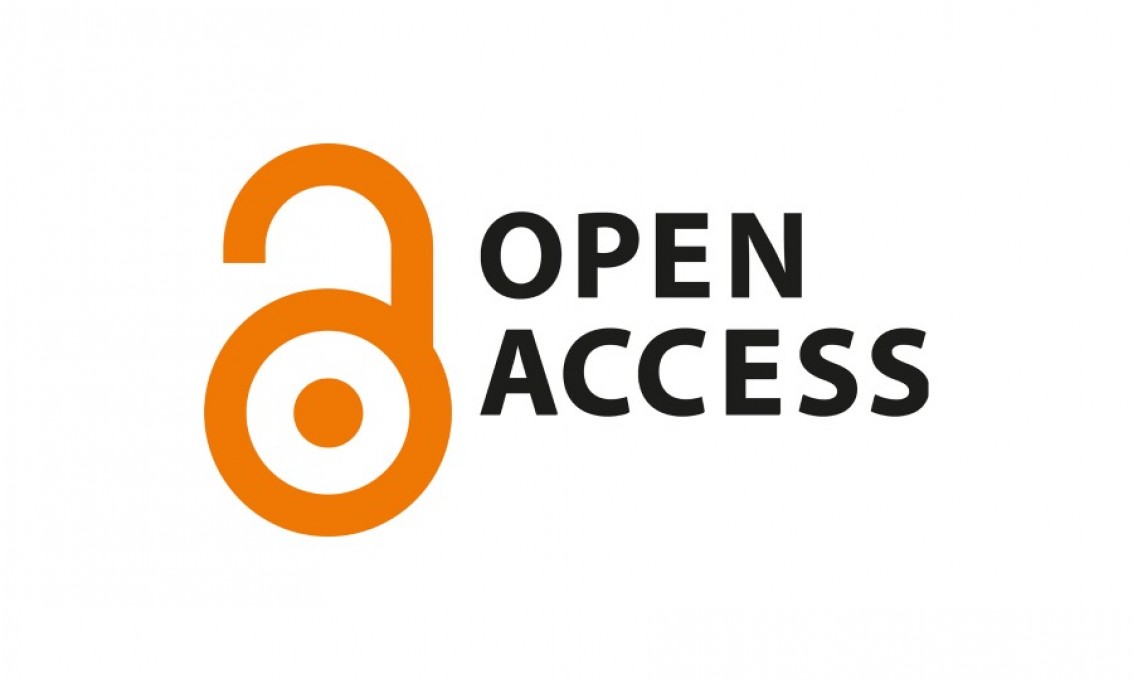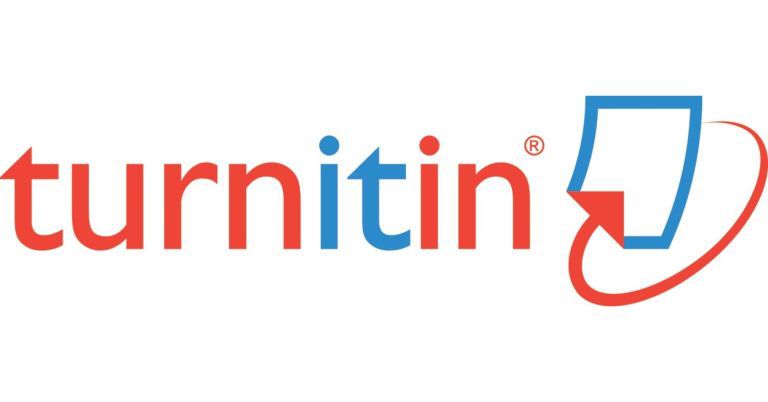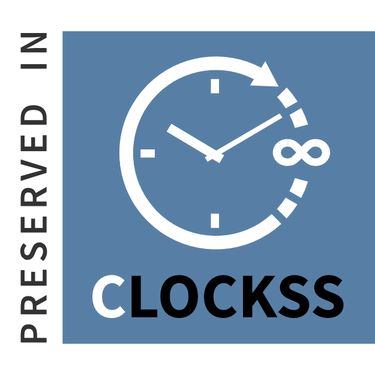Developing a scale for administrative leadership skills for the performance of leaders working in sports and youth bodies and institutions in Iraq
DOI:
https://doi.org/10.54702/jb2yb020Keywords:
Management leadership, sports bodies, sports institutionsAbstract
The objective of the study is to build a scale for measuring administrative leadership skills for the performance of sports and youth bodies and institutions in Iraq, as well as to introduce new domains to the scale. The problem addressed in the study lies in the absence or scarcity of scales designed in leadership skills, especially for the Olympic Committee or central federations. The researchers used a descriptive methodology with survey research methods. The research sample consisted of leaders and administrators of sports and youth bodies and institutions, including representatives of the Iraqi National Olympic Committee, central federations, some first-class and premier sports clubs, as well as youth and sports directorates in the provinces, totaling 398 individuals. They employed statistical methods such as the mean, standard deviation, simple correlation coefficient, independent samples t-test, and factor analysis using the Hotelling-Principal Components method. They concluded that decision-making skill is the foundation of the entire administrative process and what distinguishes a leader from others in leading the body and the institution when their decisions are scientific and well-thought-out. Additionally, it is a skill that is inherent in the daily work details of the leader. and this achieves one of the sustainable development goals of the United Nations in Iraq which is (Quality Education). They recommended that this scale could be used by the Ministry of Youth and Sports, as well as the Iraqi National Olympic Committee, to evaluate the performance level of the leadership of sports and youth bodies and institutions in Iraq. This scale could also be beneficial in selecting leaders to work in the sports and youth field, and there is potential for further refinement of the scale by researchers.
References
Imad Aziz Nashmi, Asaad Tariq Ahmed, & Khalid Aswad Laikh. (2021). The ability of administrative leaderships in decision-making and its relationship to the success of the Faculties of Physical Education and Sports Science. Modern Sport. P2. (Crossref)
Ibtisam Saleem. (2022). Availability of smart learning requirements in the faculties of physical education and sports sciences from the point of view of the faculty members at the universities of Baghdad and Al-Mustansiriya. Modern Sport, 21(2), P71. (Crossref)
Ahmed Raad Al-Saqi. (2020). Administrative and technical obstacles in the youth and sports forums of the city of Mosul from the point of view of the administrative staff. Modern Sport, 19(1), P:55. (Crossref)
Sarmad Ahmed. (2003). Constructing a Scale to Evaluate the Coach's Role in the Training Process from the Perspective of First Division Football Club Players in Baghdad. Master's Thesis. Baghdad, Iraq: University of Baghdad / College of Physical Education and Sports Sciences, P. 7,18.
Salah Wahab Shakir. (2004). Constructing a Scale for the Administrative and Technical Performance Level of First Division and Premier Clubs in Iraq. Master's Thesis. Baghdad, Iraq: University of Baghdad, College of Physical Education and Sports Sciences, p. 44.
Suha Darweesh, Aseel Naji. (2020). Building and codifying the measure of preferred psychological characteristics for admission to sports education. Modern Sport, 19(3), P:3. (Crossref)
Mohammed Abdul Salam Ahmed. (1981). Psychological and Educational Measurement. Cairo: Al-Nahda Al-Arabiya Library, p. 35.
Marwan Abdul Majeed. (2000). Management and Organization in Physical Education. Amman: Dar Al-Fikr Al-Arabi, p. 79.
Marwa Khalid Khazaˊl, Bushra Kadhum. (2020). Study the reality of transformational leadership in some Iraqi Faculties of Physical Education and Sports Sciences from the teachers’ point of view. Modern Sport, 19(4), P2. (Crossref)
Nouri Ibrahim Al-Shawk. (1993). Methods and Techniques of Scientific Research. Baghdad: Dar al-Hikmah, p. 25.
Areej Nihad, & Israa Fouad. (2021). Creative behavior and its relationship to the administrative leadership of secondary school principals in Al- Karkh/2 district in Baghdad governorate. Modern Sport, 20(4), P:75. (Crossref)
Mustafa Hameed Hussein. (2021). Strategic direction and its impact in the areas of strategic change of sports institutions in Iraq. Modern Sport, 20(1), P:3. (Crossref)
Israa Jumaa Ali, & Fatima Abid Malih. (2022). Administrative Skills and Their Role in Distinguishing the Institutional Performance of Directors of Sports Activity in Iraqi Universities. Modern Sport, 21(1), P:118. (Crossref)
Majid Naeem Hasan, Waad Abdul-Raheem Farhan, Nashaat Aziz. (2021). Analytical study of leadership compensation and its relationship to the quality of decision-making in Faculties of Physical Education and Sports Sciences from the perspective of teachers. Modern Sport. p:2. (Crossref)
Haider Mohammed Muslih. (2021). Transformational leadership and its relationship to creativity and empowerment of fencing coaches in some Iraqi provinces. Modern Sport, 20(1), P:60. (Crossref) https://doi.org/10.54702/msj.2021.20.1.0056
Marwa Alaa Hussein, Sundus Mousa Jawad. (2020). An analytical study of the vitality of the conscience of the senior leaderships in the boards of colleges and departments of physical education and sports science in Baghdad. Modern Sport, 19(4), P:2. (Crossref)
Downloads
Published
Issue
Section
License
Copyright (c) 2024 Modern Sport

This work is licensed under a Creative Commons Attribution 4.0 International License.















